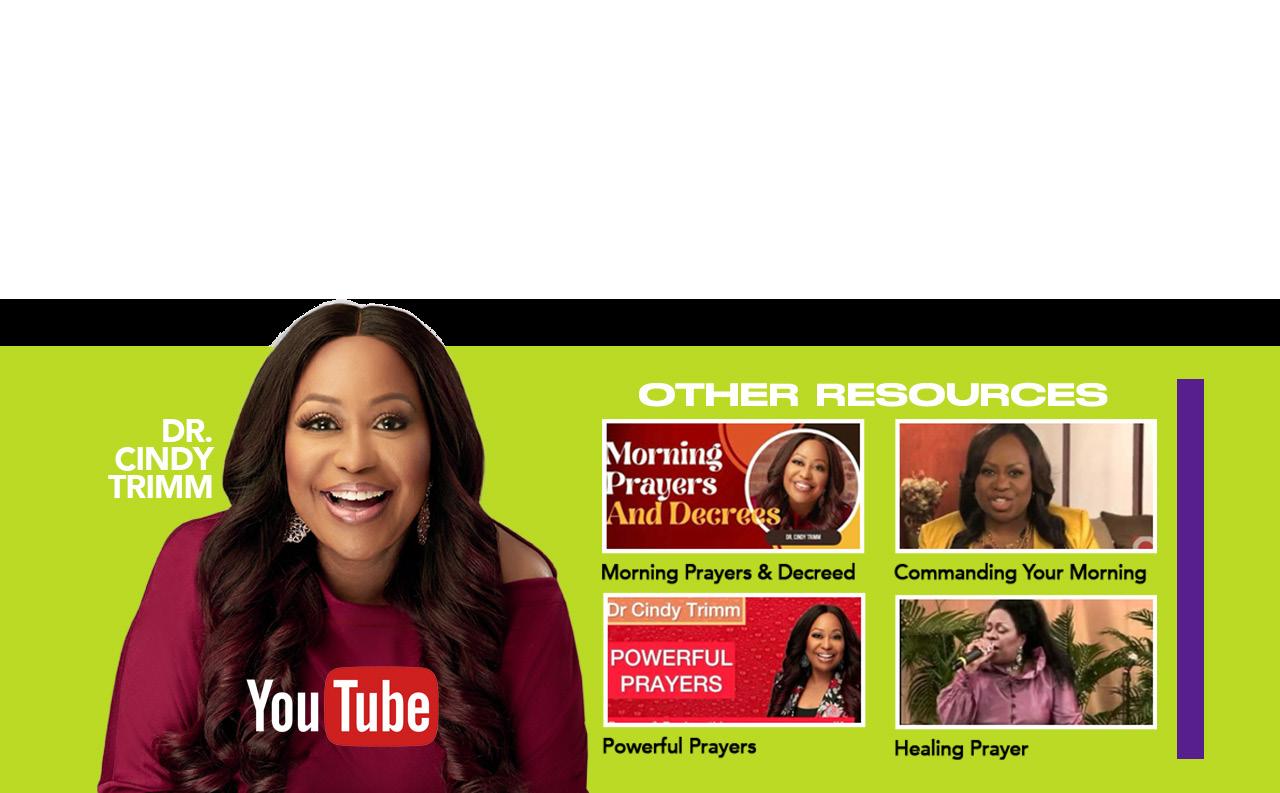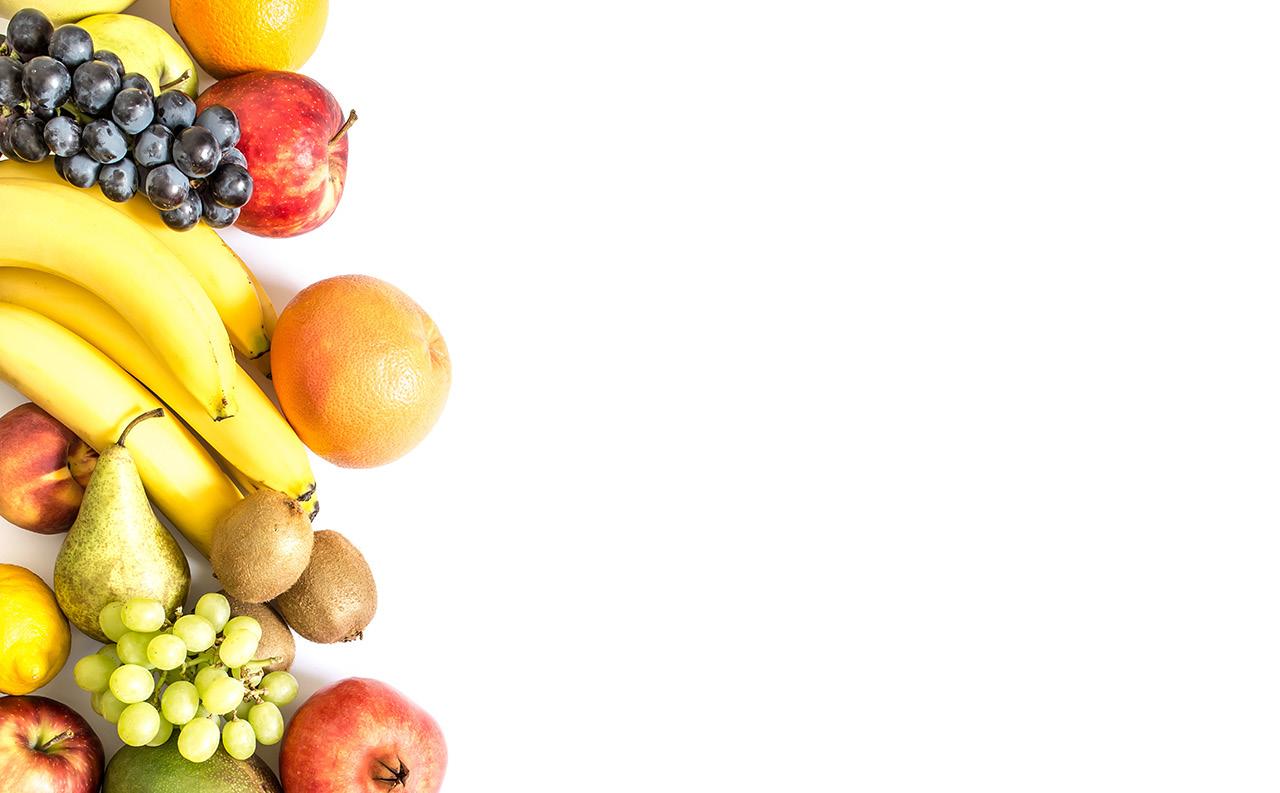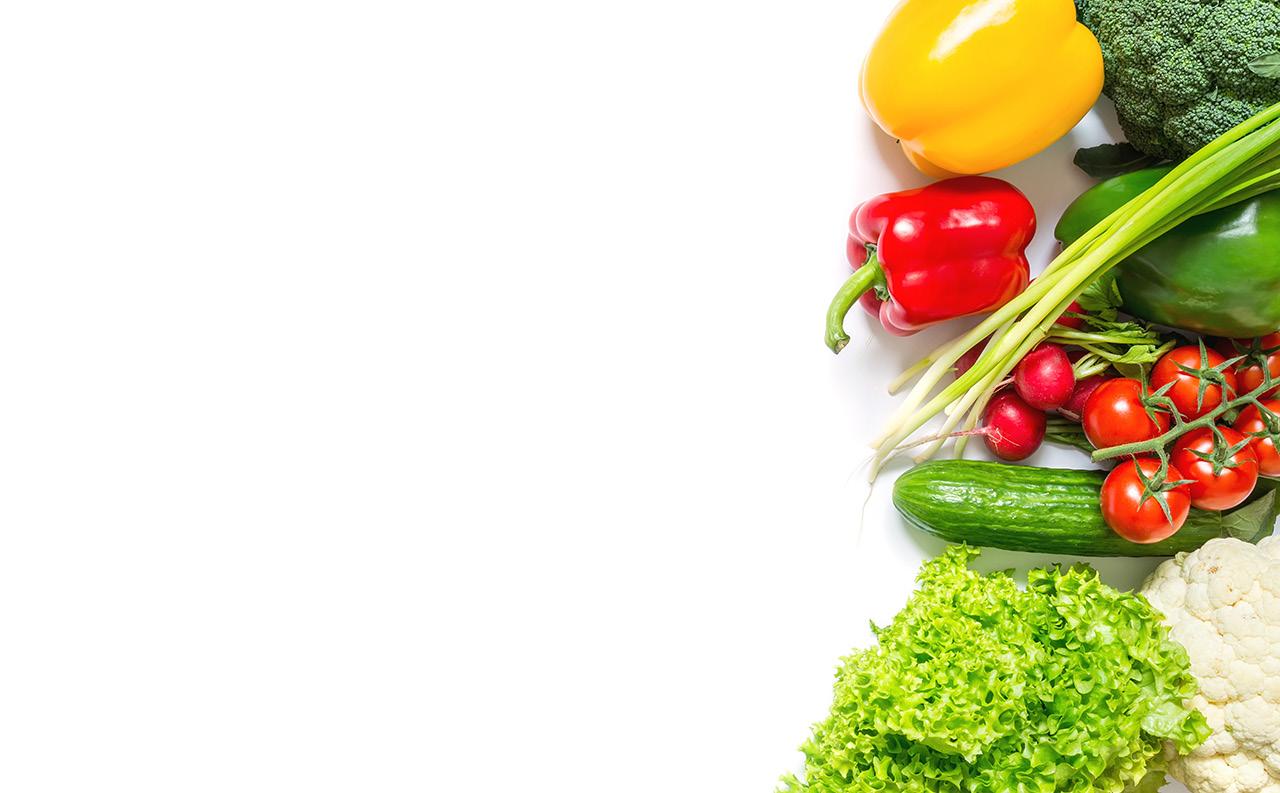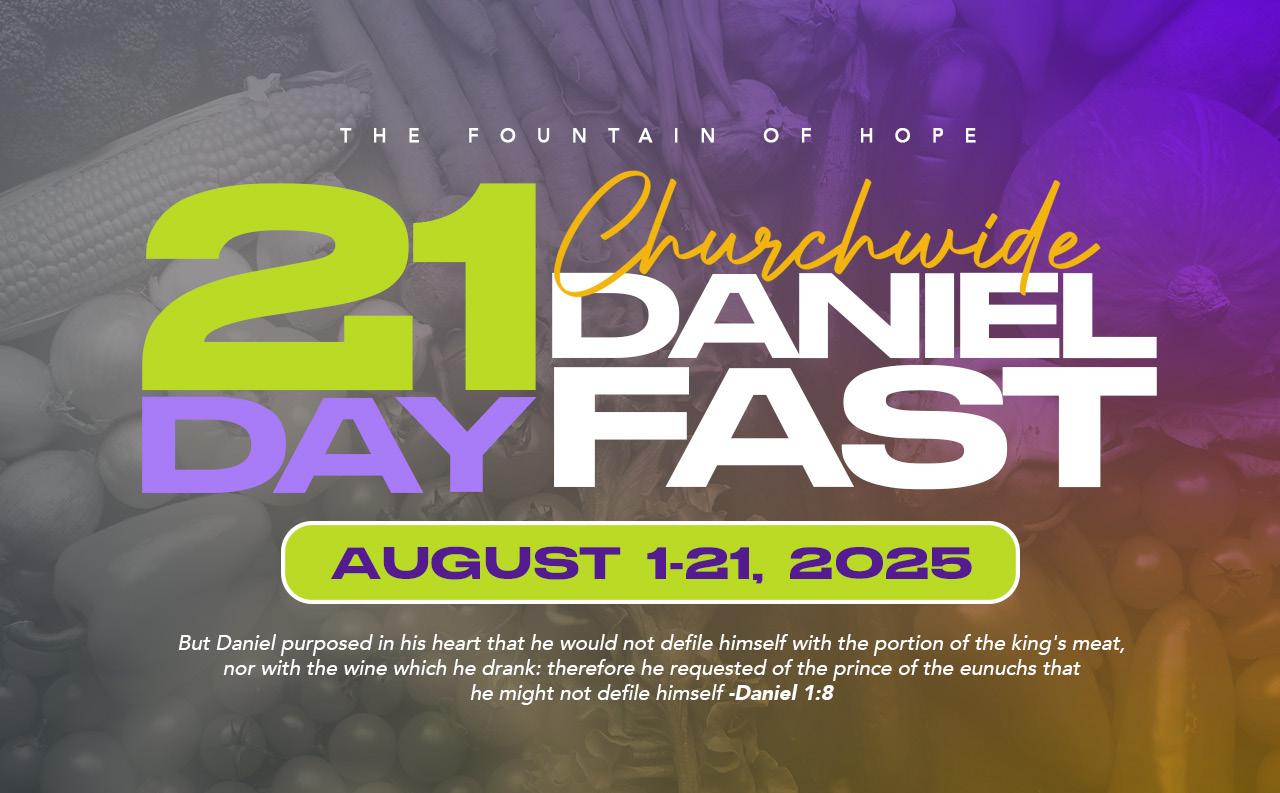
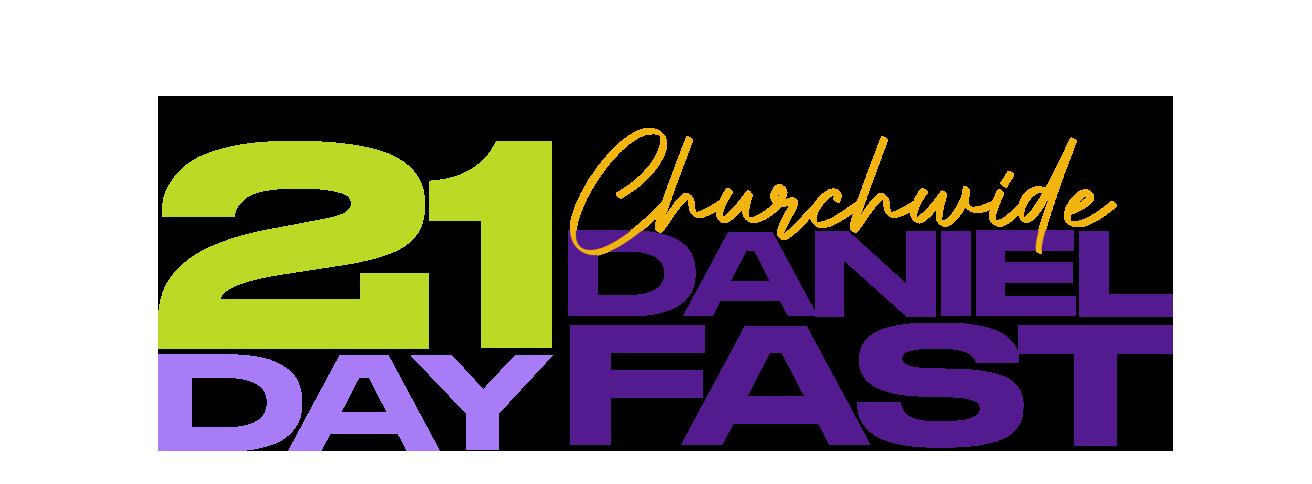
The Daniel Fast is a religiously inspired dietary plan based on the biblical story of Daniel in the Old Testament. The fast is often initiated by individuals or groups as a form of spiritual discipline, prayer, and seeking God’s guidance.
Daniel 1 introduces the story of Daniel and his companions, young Jewish men taken captive to Babylon and selected for training in the king’s service. Daniel, Hananiah, Mishael, and Azariah were boys of royal families taken for reeducation in Babylon. As a part of this, they would be immersed in Babylonian religion, culture, language, and literature. To represent the effort to change the youths’ identities, the prince of the eunuchs renamed them Belteshazzar, Shadrach, Meshach, and Abednego.
Most of the captured youth were probably integrated easily into Babylonian culture. The four named in this chapter, however, remained committed to their faith. Though captives, they wanted to continue to obey God and His laws, including matters of food. Despite being offered rich Babylonian food, they chose to adhere to Jewish dietary laws and demonstrate their faithfulness to God by requesting a diet of vegetables and water for a trial period.
In the text, the chief eunuch had compassion for Daniel and Daniel’s request to eat according to his principles, but he had concerns that the king would be angered when Daniel and his friends were less healthy because they were not eating approved food. As a response, Daniel gave a challenge to the Babylonian court, saying “Test your servants for ten days; let us be given vegetables to eat and water to drink. Then let our appearance and the appearance of the youths who eat the king’s food be observed by you, and deal with your servants according to what you see” (Daniel 1:13-14).
The king’s men continued to consume meat and wine and were less healthy than Daniel and his friends. Today, believers adopt this spiritual fast/diet to obtain optimal health and a closer relationship with the Lord. According to the scripture, the fast lasted for ten days initially, and was later implemented for a longer period of time.
The Daniel Fast involves abstaining from certain types of foods for 21 days. The guidelines for the fast are derived from Daniel 1:8-14 where the idea is to focus on simple, plant-based foods and eliminate certain indulgences from the diet as an act of worship and sacrifice to the Lord.
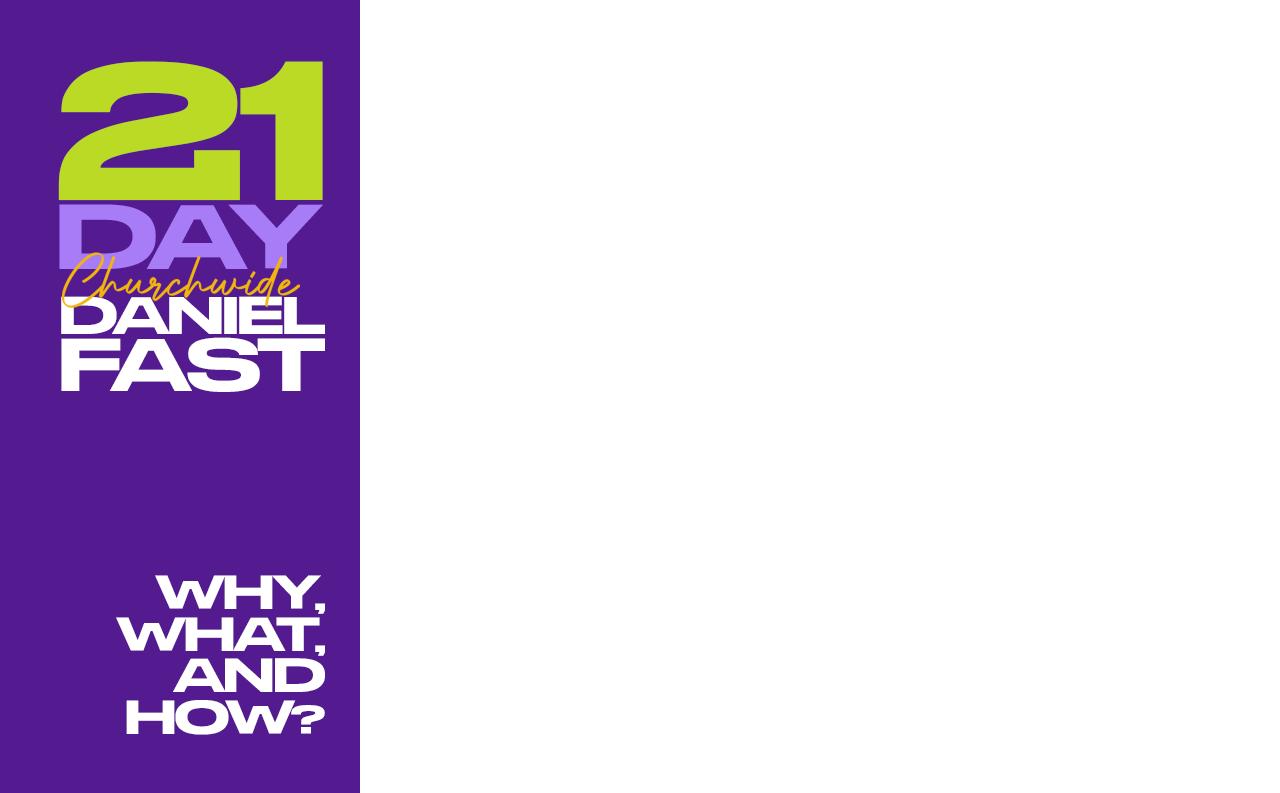
WHY FAST:
When an individual decides to undergo the fasting process, they rely heavily on self-discipline and strength; strength which can only come from God. The Bible teaches that private discipline will bring rewards in Heaven. When God is given our best through fasting, prayer and giving, the course is set for the rest of the year.
WHAT TO EXPECT:
Fasting, when undertaken with a spiritual focus, can lead to a deeper connection with the divine, increased self-awareness, and enhanced spiritual discipline. It’s a practice of self-denial that can foster humility, strengthen faith, and promote a more profound understanding of one’s spiritual needs and reliance on God.
HOW:
• Each day should be filled with prayer, reading the word, and feeding the spirit man with praise and worship.
• Adhere to the daily reading schedule
• Listen daily to Cindy Trimm’s prayers on healing, peace, and commanding the day
• Read from the additional book list
Note: As with any fast, please consult your physician prior to engaging in the fast. If you are currently taking medication or have other health issues, we advise you to use wisdom throughout this fast.
In those days, I, Daniel was mourning three full weeks. I ate no pleasant bread, neither came flesh nor wine in my mouth, neither did I anoint myself at all, till three whole weeks were fulfilled (Daniel 10:2-3).
WHOLE GRAINS: Amaranth, barley, brown rice, buckwheat, bulgur, freekeh, millet, oats, purple rice, quinoa, rye, sorghum, spelt, teff, whole grain pasta, whole wheat, and wild rice. Foods like popcorn, rice cakes, and whole wheat pasta are also acceptable, provided they are made with 100% whole grains and contain no added sweeteners, chemicals, or additives.
BEANS AND LEGUMES: Black beans, black-eyed peas, cannellini beans, garbanzo beans (chickpeas), great northern beans, kidney beans, lentils, peanuts, pinto beans, and split peas.
NUTS AND SEEDS: Almonds, Brazil nuts, cashews, hazelnuts, macadamia nuts, nut butters, peanuts, pecans, pepitas (pumpkin seeds), pine nuts, pistachios, poppy seeds, walnuts, sesame seeds, soy nuts, sunflower seeds.
VEGETABLES: All vegetables are allowed (fresh, frozen, dried, juiced, and canned).
FRUIT: All fruit is allowed (fresh, frozen, dried, juiced, and canned). However, any dried fruit shouldn’t contain added sugar (check ingredients to be sure).
OILS: Oils (such as coconut, olive, and sesame, for example) are allowed but should be used minimally. For example, you can sauté foods in olive oil but avoid deep-frying them.
BREAD: Unleavened bread (whole grain bread made without yeast, sugars, or preservatives.
SPICES: All herbs, spices, and seasonings are allowed, including salt and pepper.
BEVERAGES: Water should be the main beverage on your Daniel Fast. Distilled, filtered, sparkling, spring, and mineral water are allowed as well. However, you may have 100% fruit juice on occasion (just don’t overdo it).
PROTEIN POWDER: vegan, plant-based, and free of any form of added sugar or caffeine.
VINEGAR: balsamic vinegar, apple cider vinegar allowed (Note: Fresh lemon juice is a good substitute for vinegar.)
ANIMAL PRODUCTS: Meat (bacon, beef, bison, chicken, lamb, pork, and turkey), dairy, (butter, cheese, cream, milk, and yogurt), fish/seafood, eggs.
ADDED SUGAR: Agave nectar, artificial sweeteners, brown rice syrup, brown sugar, cane juice, corn syrup, honey, malt syrup, molasses, and raw sugar.
YEAST: Yeast (and, therefore, leavened bread) isn’t part of the Daniel Fast.
REFINED GRAINS: White flour and white rice. Only whole grains are allowed on the Daniel Fast. A whole grain product contains the entire grain kernel - the bran, germ, and endosperm.
PROCESSED FOOD: Foods that contain artificial flavorings, chemicals, food additives, and preservatives.
DEEP-FRIED FOOD: Examples are corn chips, French fries, and potato chips. (Baked chips are acceptable if they don’t contain restricted ingredients. Check the label for “baked” to be sure.)
SOLID FATS: Butter, lard, margarine, and shortening.
CHOCOLATE: Milk chocolate, semi-sweet chocolate, dark chocolate, chocolate syrup, and cacao.
CAFFEINATED AND ALCOHOLIC BEVERAGES: Alcohol, coffee, caffeinated tea, and energy drinks.
SUBSTANCE USAGE: marijuana and street drugs; to include vaping and hookah.
Week 1 – Physical and Spiritual Healing
The Bible presents both physical and spiritual healing as acts of God, but often emphasizes the greater significance of spiritual healing, which involves restoring a person’s relationship with God and offering eternal life. Physical healing is also significant, often portrayed as a sign of God’s power and kingdom, and sometimes seen as interconnected with spiritual well-being.

Week 2 – Emotional Wellness
The Bible offers guidance on emotional health, emphasizing God’s compassion, the importance of prayer and trust in God, and the need for self-care and love. It acknowledges struggles with emotions like fear, anxiety, and sadness, while pointing towards God as a source of strength, healing, and peace.


